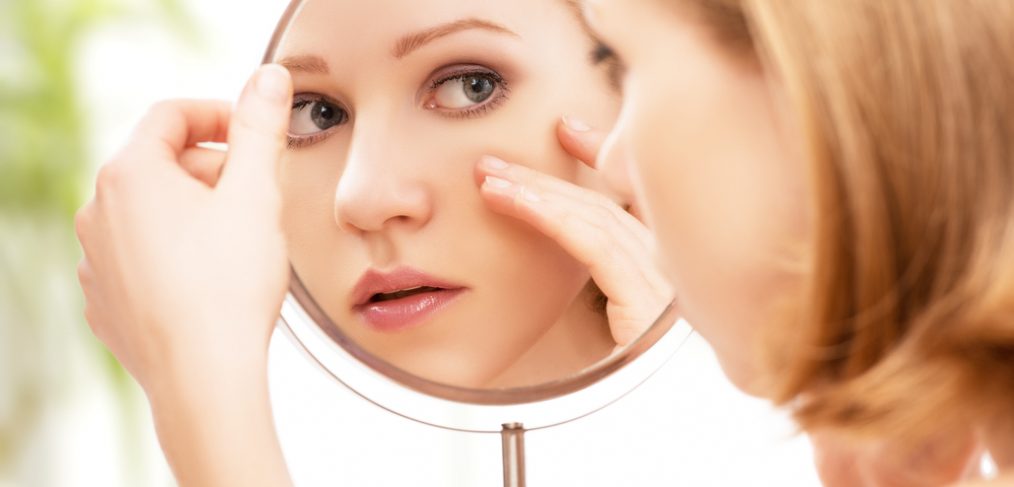
Is There An Upside To Acne?
It is arguable that yearbooks may, in actuality, be a compilation of photos documenting case studies on acne. After all, how many teens can sincerely claim to have been lucky enough to have taken a yearbook photo on a breakout-free day or, for that matter, how many teens can actually claim to have attended high school on a breakout free day? Unfortunately, it seems that the graduation, intended to be a celebration of a coming of age, is more often a woeful testimonial to a less than perfect adolescence. Do any high schools offer photoshop on student’s yearbook photos? Please feel free to weigh in.
Anyway, if you are one of the unfortunate students whose yearbook was marred with acne, take heart. When reunion time comes around, you will exact revenge! New British research reveals that those afflicted with acne may have an edge when it comes to aging.
What’s Behind It?
Telomeres are caps on the end of chromosomes which protect DNA from damages. As we age, the telomeres gradually become shorter and eventually die. As a result, people with long table-mores remain biologically younger than their peers of the same age. A King’s College study of adolescent twins, one-quarter of whom were acne sufferers, found that the telomeres of the acne afflicted were notably longer. Yet another study examining skin samples showed that the gene cluster responsible for cell death was showed less activity in the acne prone.
New Findings
If these revelations do not seem completely new to you, it is not surprising. Dermatologists have noted correlations between slow aging and pimples for quite a while, however, the deficit of wrinkles was always thought to be related to the excess production of oil. The connection to longer telomeres is a newer revelation. Says lead researcher Dr. Simone Ribero, “Our findings suggest that the cause could be linked to the length of the mores which appears to be different in acne sufferers and means their cells may be protected against aging.” Adds co- author Dr. Veronique Bataille, Longer telomeres are likely to be the one factor explaining the protection against premature aging in individuals who previously suffered from acne.”
Moles
Other research from King’s College, reported in the Journal of Investigative Dermatology,shows that people with a lot of moles may also fare better in their later years. Maybe that explains the eternal youth of Cindy Crawford. Longer telomeres are also associated with stronger bones and less frailty in old age. In parting, all of you who are doomed to a damning yearbook pic, listen to the wise words of Dr. Veronique Bataille who assures that you are going to look, “fantastic in their 40’s and 50’s.” and, “It’s nice to know there’s a positive aspect to having acne.” Knock ’em dead at the reunion!
We’d love to hear from you on this. Do you have a reunion revenge story or know anything about the possibility of photoshopping a yearbook photo? Curious minds want to know.



